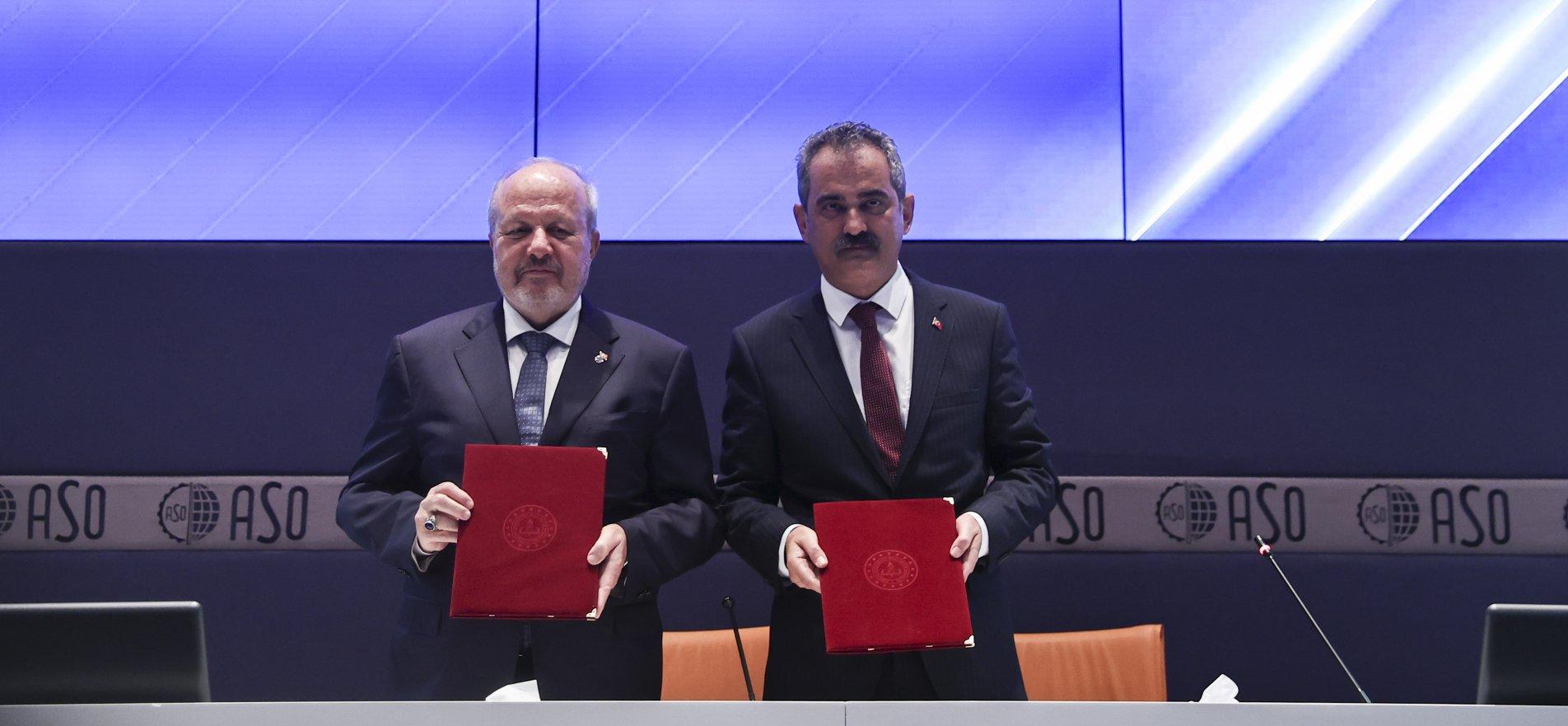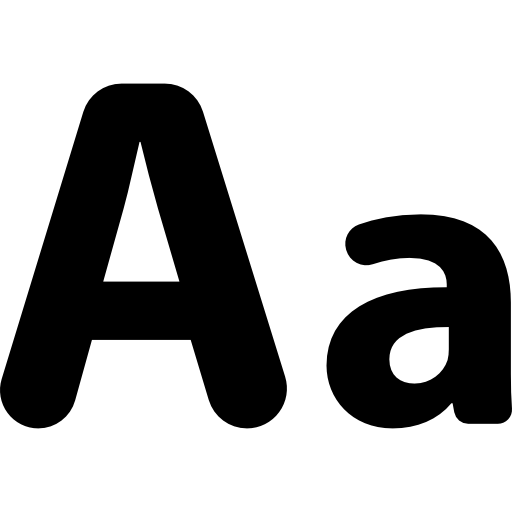Minister of National Education Mahmut Özer said that they have solved the problems Türkiye faced such as headscarf ban in February 28 process that prevented accession of female students to education and coefficient practice imposed to vocational schools in the last 20 years and responded to social demands.
"We have solved the schooling rate problem in the last 20 years. This period is also the time when we solved social engineering problems of the past. We have witnessed a great transformation. Today, we are competing with OECD and other developed countries. Our most crucial capital in this competition is our human resources. Education is the most important instrument in increasing the quality of human resources. We were 70 years late to reach the level of OECD countries. What was the reason? Actually, like our President Recep Tayyip Erdoğan frequently mentions, this was the result of social engineering projects. In the past, some circles neglected problems concerning accession to education in order to maintain their existing advantages. If they did care, they would not implement a headscarf ban or coefficient practice. In the last 20 years, we have used education for the development of our country and children of this country are considered as the stakeholders of cultural production. Due to this reason, I would like to thank the leader of this process, our esteemed President, on behalf of all families, children and teachers. Last 20 years should be noted as a historical period," said Özer.
Noting that his Ministry prioritized three issues namely vocational education, accession to education and professional development of teachers, Minister Özer mentioned his goal concerning schooling rates.
He said that the Ministry of National Education has been signing cooperation protocols with all sector representatives in an effort to reinforce vocational education.
"We want to transfer the experience and knowledge of industry to vocational high schools. We want to manage the process and educate human resources in cooperation with the sector. We have seen the outcome of this attempt. Our first step was the protocol signed with ASELSAN. As a part of this protocol, the Ministry of National Education started to give vocational education in the defense industry sector in ASELSAN Vocational and Technical Anatolia High School. Most academically successful students are enrolled in this school. There are İTÜ Vocational and Technical Anatolia High School and Teknopark İstanbul Vocational and Technical Anatolia High School. There are many other examples. We have achieved to reverse the process that began during the February 28 process," said Özer.
Minister Özer stressed that their main focus is not production and their goal is to give training adding that, "Our purpose is to encourage applied education in all fields. We do production in vocational education centers. Students enrolled in these centers are working outside four days a week. On the other hand, the production capacity of vocational high schools increased from 200 million to 1 billion and 162 million in 2021. It is a success story. Covid-19 pandemic showed the importance of human resources. If you cannot produce, you cannot buy your needs even if you have money. Remember how developed countries suffered from lack of most needed goods. During this period, our vocational high school students and teachers worked night and day in order to produce masks, disinfectants, face guards and even mask machines."
Özer reminded that vocational high schools took important steps about intellectual property rights; they made the registration of patents, useful models, brands and designs and commercialized their products.
Minister Özer mentioned transformation in the vocational education centers as, "Students go to school on days of a week and continue their skill education in workplaces four days a week. It is the equivalent of dual vocational education in Germany... It is appealing for both students and employers. Amendments in the Vocational Education Law No. 3308 on December 25, 2021 increased the number of students enrolled in these centers from 160,000 to 560,000."
He reminded that their goal is to enroll 1 million students in the vocational education centers until the end of 2022 and these centers are important for decreasing young unemployment rates.
Minister Özer thanked ATO and ASO chairmen and other sector representatives for their support of vocational education.
Following the speeches, Minister Özer and ASO Chairman Nurettin Özdebir signed the protocol.





























